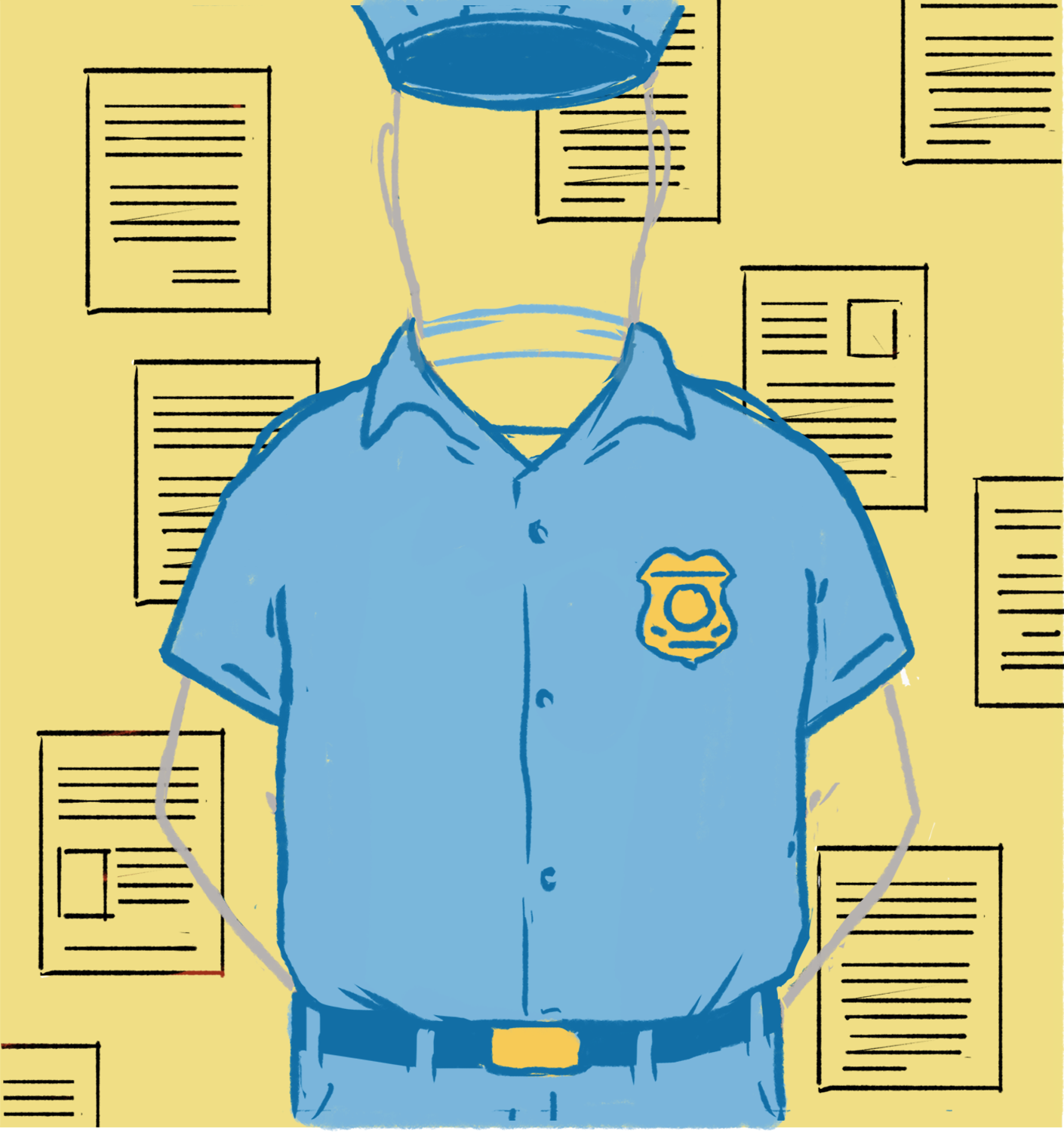Representatives Barbara Flynn Currie of the 25th District and Representative Christian L. Mitchell of the 26th District have introduced House Bill 3932, which would subject the University of Chicago Police Department (UCPD), one of the largest private police forces in the country, to the Freedom of Information Act (FOIA), which requires government agencies to share internal information with inquiring citizens.
HB 3932 would effectively amend the Private College Campus Police Act, which lays out terms, requirements, and qualifications for campus police officers while also granting university police the power of “municipal peace officers and county sheriffs.” Under the proposed bill, university forces would share not only the powers of their public equivalents, but also their obligations toward transparency.
Representatives Currie and Mitchell were unavailable for comment.
While the UCPD declined to comment on HB 3932 specifically, Jeremy Manier from UofC’s News and Public Affairs Department says, “The University is committed to making information about UCPD activities available to the public, and we do so through a variety of channels. We are continuing to evaluate these processes to ensure that the information is as accessible as possible.”
The UCPD has faced accusations of racial profiling and unfair police tactics since its founding in the 1960s. While UofC had security guards for campus buildings as early as the 1930s, it wasn’t until 1968 that the International Association of Chiefs of Police helped transform the security department into a full police department.
In the last decade, while the crime rate in Hyde Park-South Kenwood has dropped significantly (nearly fifty-five percent from 2004 to 2013), claims of police mistreatment from African-American and Latino students and neighborhood residents have charged unjustified hostility. Out of nearly 65,000 residents under UCPD’s six-and-a-half mile jurisdiction, only about nine percent are UofC undergraduates, and fifteen percent are graduate or professional students.
Despite its looming presence, the UCPD is currently protected as a private force, outside the bounds of FOIA. While people can file complaints about the UCPD to UofC’s Independent Review Committee (IRC), made up of university affiliates and community members, the IRC, while releasing an annual report of the claims against the UCPD, has no power to enforce changes to UCPD practices.
Out of one hundred and thirty complaints presented against the UCPD since March of 2005, ninety-nine were heard by the IRC. Sixty-four of these were filed by men, and seventy-seven were filed by African-American community members.
The Campaign for Equitable Policing (CEP), a campaign of students and residents seeking UCPD reform, has charged the force with racial profiling and impunity. Asked about the bill, member Nicolas Aldape identified transparency as one of the major goals of the campaign. Subjecting the UCPD to FOIA, he wrote, “will go a long way towards ensuring accountability and fairer policing to communities that sorely need both.” He added, “We…hope that the University can follow through.”
Correction March 11, 2015: An earlier version of this article misspelled the last name of CEP member Nicolas Aldape.

